Search
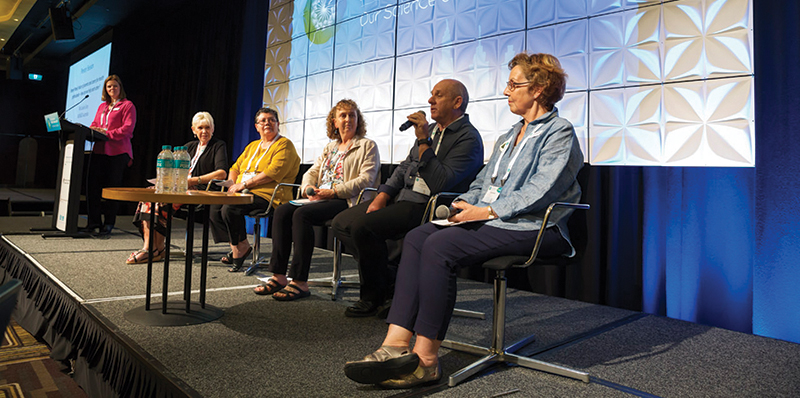
News & Events
FASD conference unites policy, science and lived experienceHeld every two years, the Australasian FASD Conference is a significant and unifying event for those in the Fetal Alcohol Spectrum Disorder sector.
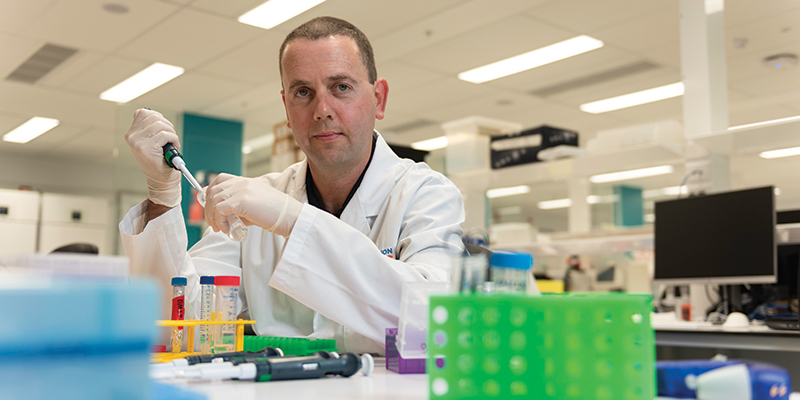
News & Events
Pioneering research could be key to keeping cancer in checkCancer research is being reimagined after a collaboration between The Kids Research Institute Australia, the Peter Doherty Institute for Infection and Immunity.
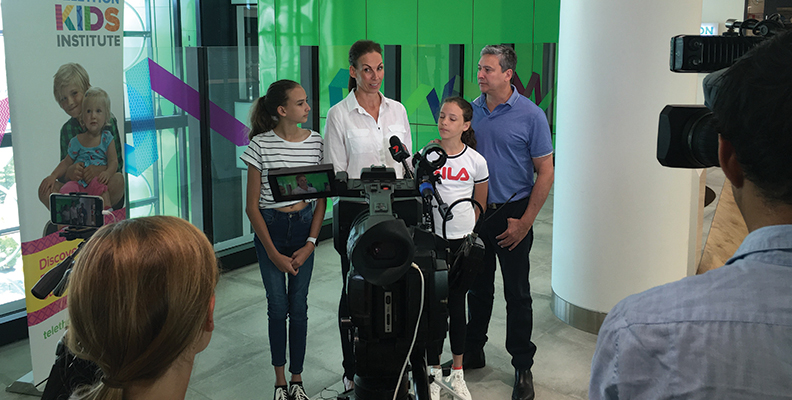
News & Events
New drug therapy provides hope for kids with cystic fibrosisThe Kids Research Institute Australia spin-off company, Respirion, received $20 million in funding to develop a promising new therapy.
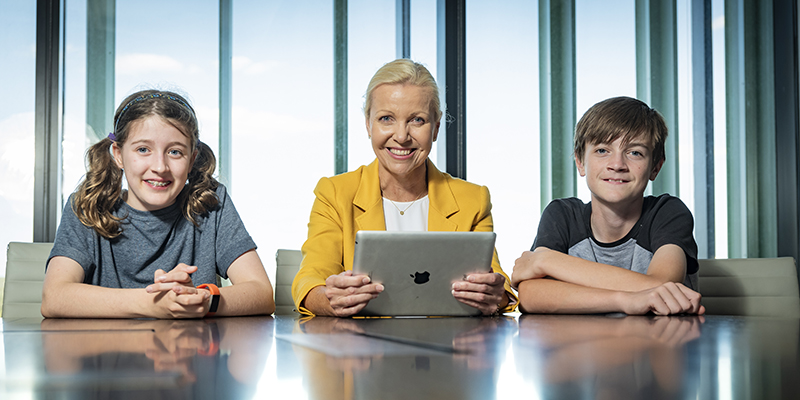
News & Events
Friendly Schools goes from strength to strengthWhat began as a small formative research project 20 years ago has grown into a universal bullying prevention and social skills development program which has helped countless Australian children and their families.
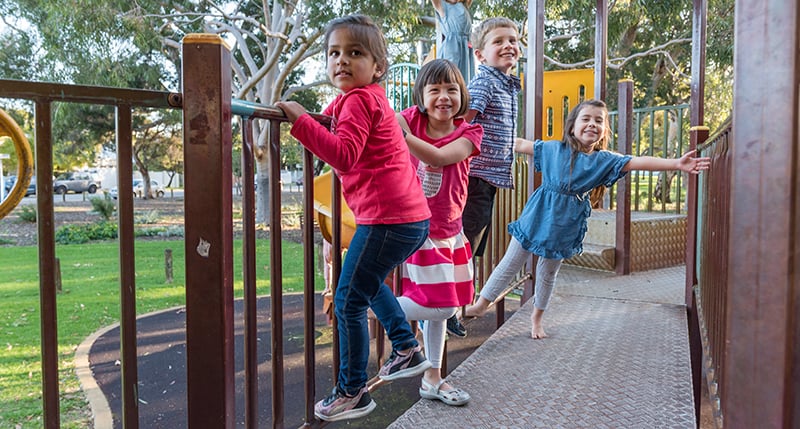
News & Events
Top reasons why you should consider joining a playgroupWe have all heard of the phrase ‘it takes a village to raise a child’ but unfortunately in contemporary western society that ‘village’ can be hard to find.
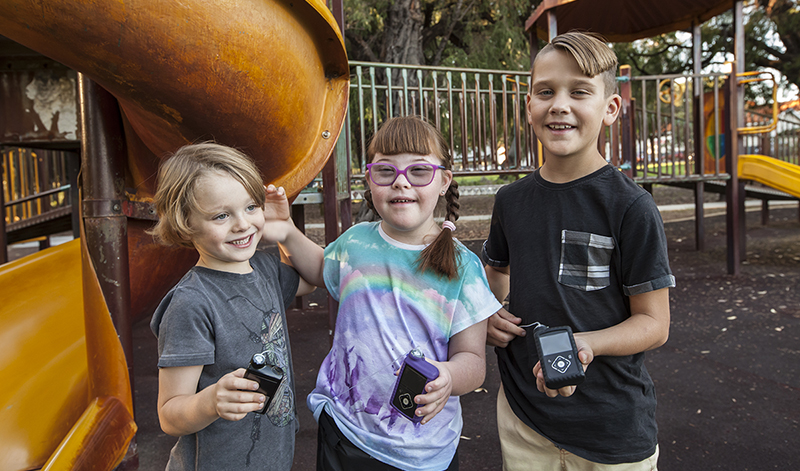
News & Events
Five things that may surprise you about type 1 diabetesProfessor Liz Davis reveals five things you might not know about type 1 diabetes.
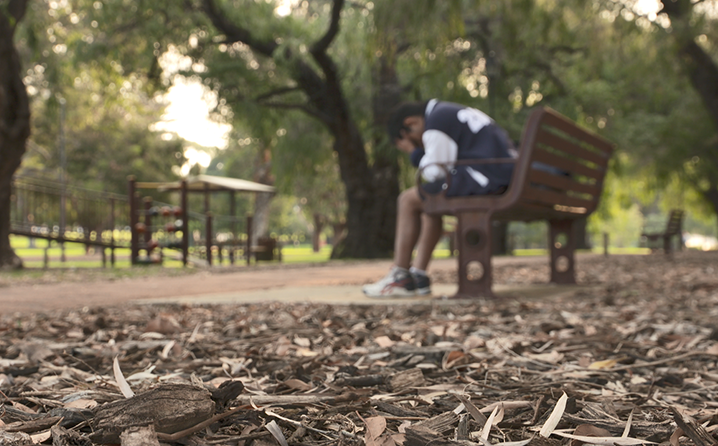
News & Events
What are the signs my child is being bullied?More than half of all children who are bullied do not tell anyone.

News & Events
Cow’s milk protein allergies on the rise in our kidsUp to three out of every 100 babies develop cow's milk protein allergy (CMPA) in their first year of life – and this number appears to be on the rise

News & Events
The Three C’s that can help keep your kids safe onlineThe Kids Research Institute Australia cyber safety expert Professor Donna Cross says parents should use the ‘three C’s’ to help keep their children safe online.
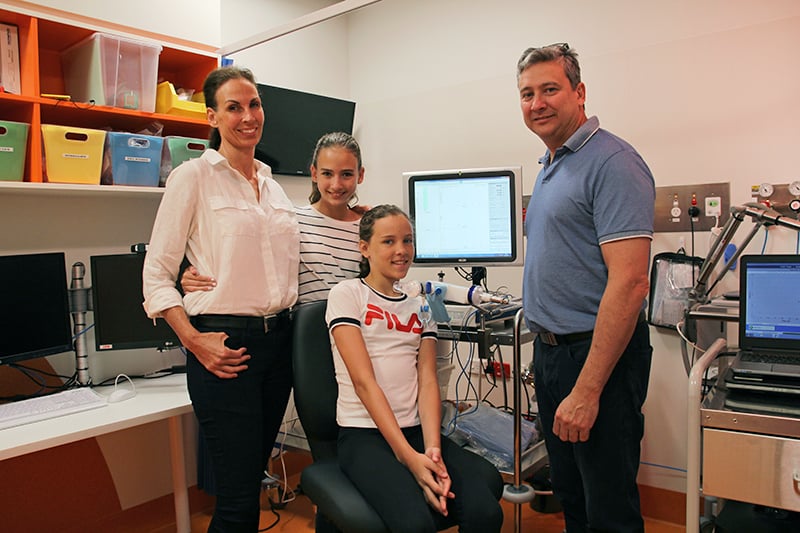
News & Events
New drug therapy provides hope for kids with cystic fibrosisThe family of two girls with cystic fibrosis are hopeful after The Kids Research Institute Australia spin-off company, Respirion, receives $20 million in funding to develop a promising new therapy.
